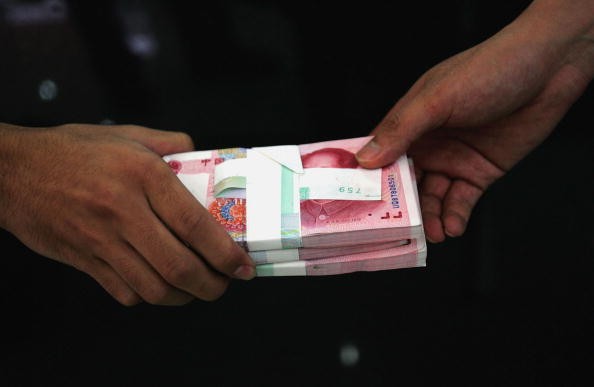Amid the celebration of World Consumer Rights Day, prices are rising in the business of deleting online posts, an industry that is illegal in China, reported the Global Times.
Also known as 3.15, a reference to its date, World Consumer Rights Day is feared by a significant portion of companies in China. China Central Television (CCTV), the premier state-owned television broadcaster, even holds a gala every year that shames companies for misconduct.
To protect their reputation, companies often pay to delete online posts, such as blog entries and news articles, which may paint them in a negative light.
According to a report released by China National Radio (CNR) on Sunday, deleting a damaging online post has become more expensive, costing as much as 10,000 yuan ($1,515) now. The inflation has been fueled by the ever-increasing demand of companies to remove negative information on the Internet.
"Deleting a post on Baidu Knows costs 100 yuan, a post on Baidu Tieba is 150 yuan, while for posts on Tianya BBS you need to pay as much as 2,300 yuan," said a CNR representative specializing in the removal of unwanted posts who wished to remain anonymous.
According to the source, the "business" includes removing news reports from major news portals like Sina.com. However, these news websites must have their administrators verify requests for removing posts before processing them.
Another representative, who wished to be referred to as an online PR specialist, said that the contents of the post determines how hard it is to delete and how much the service will cost.
Online PR firms are easy to notice advertising on websites like QQ, an online chat service owned by Tencent, and Taobao, the country's largest online shopping website run by Alibaba.
In Sept. 2013, the Supreme People's Court and the Supreme People's Procuratorate released a joint judicial interpretation stating that individuals who charge for the service of deleting online information can be charged and convicted for conducting illegal business operations.
In Jan. 2015, the State Internet Information Office launched a crackdown on "online blackmail and paid online post deletion services." The office shut down 84 websites.



























